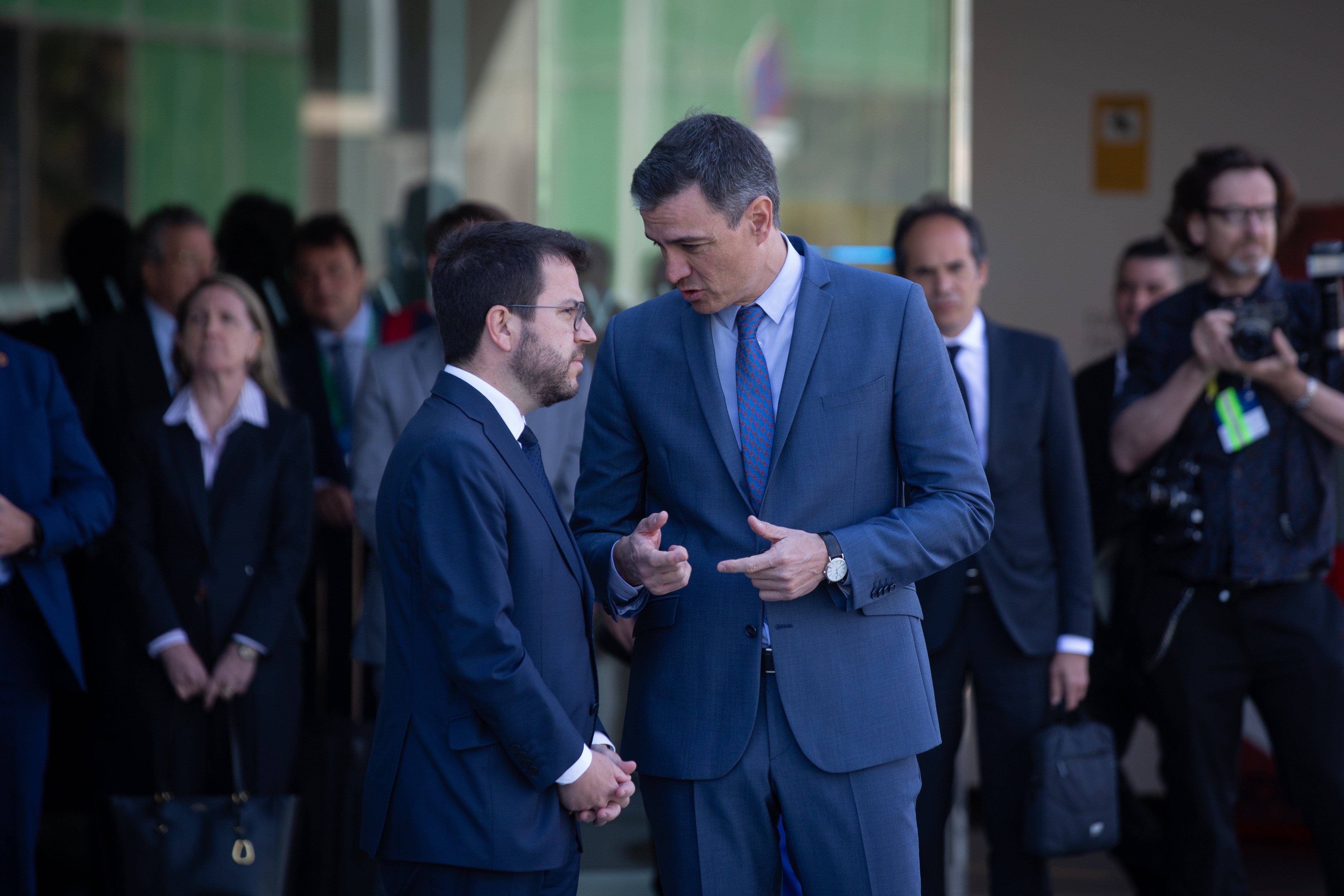Spain's National Intelligence Centre (CNI) informed the Spanish government in 2019 that it was spying on Pere Aragonès, then vice-president of the Catalan government, according to the newspaper El Mundo. Thus, when the name of the current president of Catalonia appeared among those affected by the massive Catalangate espionage affair, it would not have been a surprise for prime minister Pedro Sánchez. The newspaper cites two sources who are familiar with the document that the CNI presented to the Spanish executive, in which the spy agency justified, before a judge, its hacking of the phone of the then-number two in the Catalan government. Under the suspicion that Aragonès was the "coordinator" of the pro-independence CDR activist groups, the CNI used the Pegasus software against him and notified the Spanish government.
With the explanation of links to the CDR groups and the protest platform Democratic Tsunami, the CNI obtained the authorization of Supreme Court judge Pablo Lucas to examine the contents of Aragonès's cellphone. The judge's ruling was presented to the Spanish PM and the defence ministry, "as always", say sources close to the CNI quoted by El Mundo. The newspaper claims that a copy of the resolution justifying this espionage was one of the documents presented to the official secret committee of Congress last week.
All this contrasts with the initial version given by the Spanish executive, which claimed it was unaware of the espionage. The Pedro Sánchez government's response to the appearance of the Catalangate scandal has passed through several phases, and after the initial assertions by the government spokesperson that it had "absolutely nothing to hide", the long silence of Pedro Sánchez, and the slurs from minister Robles against The New Yorker which ran a major article on the scandal, the emphasis then switched to admissions of some espionage activity within legal limits, while saying nothing of the vast majority of victims uncovered by the Citizen Lab researchers and discrediting their investigation. However, now that some spying against Catalan pro-independence figures has been recognized, one of the implications is that the Spanish government must have been aware of it, a fact that is reaffirmed by the intelligence service sources.
With the confirmation that the espionage on Pere Aragonès was carried out with the approval of the required Spanish judicial authority, the Catalan leader himself has requested the declassification of the authorization used to warrant the use of the powerful spyware against an internal political rival. Defence minister Margarita Robles, who has maintained one of the most belligerent positions over the espionage scandal, said on Tuesday that she "would be absolutely delighted" to do so.
Neither CNI nor Generalitat
The Spanish government's response over Catalangate has, in fact, not satisfied anyone. The executive initial denial of any wrongdoing only to later acknowledge that some cases were known, outraged the CNI intelligence agency itself, which stated that they felt "abandoned" and "unprotected" in the face of the government's response. The intelligence service claimed it was acting within the law, and thus the dismissal of its director has raised anger.
It was this Tuesday that the first head rolled over the espionage case, that of the director of the CNI, Paz Esteban. This move by the Spanish government is not sufficient for the Catalan Generalitat. And in any case, not even the dismissal of the spy chief has been explained clearly by the Spanish government: Esteban, says the executive, was not removed due to the investigation into the independence movement, but rather, due to the security breach that allowed the cellphone of Pedro Sánchez himself to be attacked by Pegasus - which with curious timing, emerged right in the middle of the affair, although it appears not directly connected. Thus, the Catalan government and the pro-independence parties that form it remain unconvinced, and demand full accountability for the forensically documented espionage against at least 65 people linked to the Catalan independence movement.

